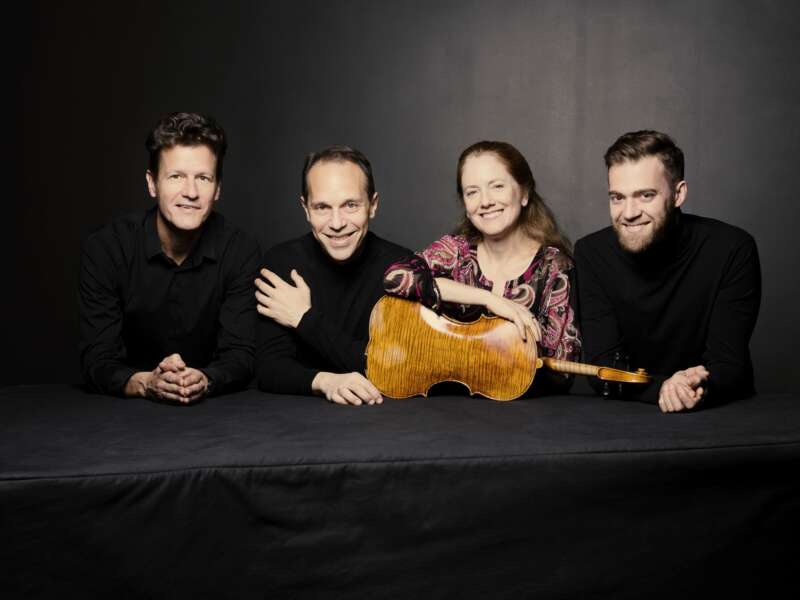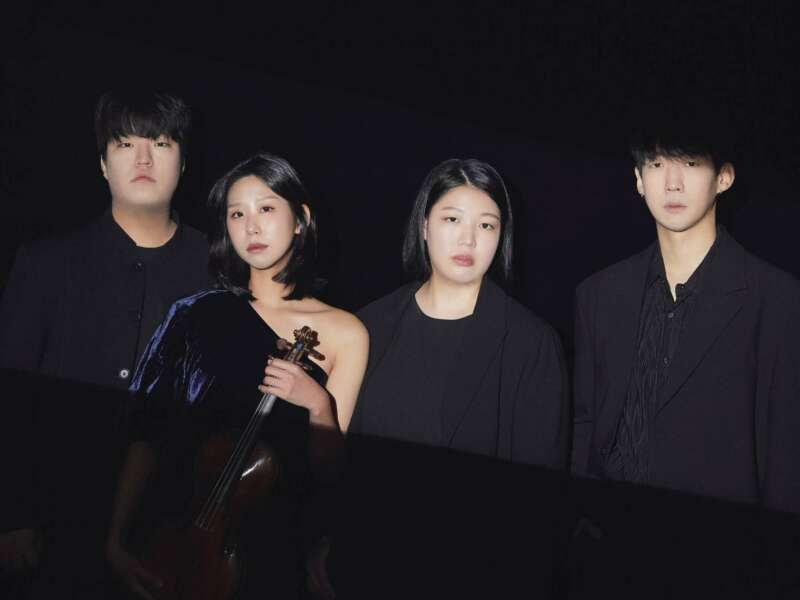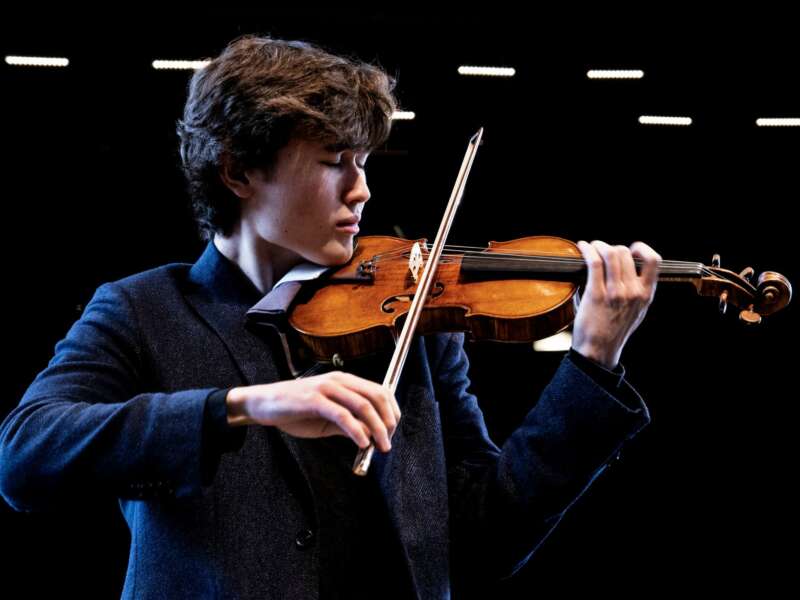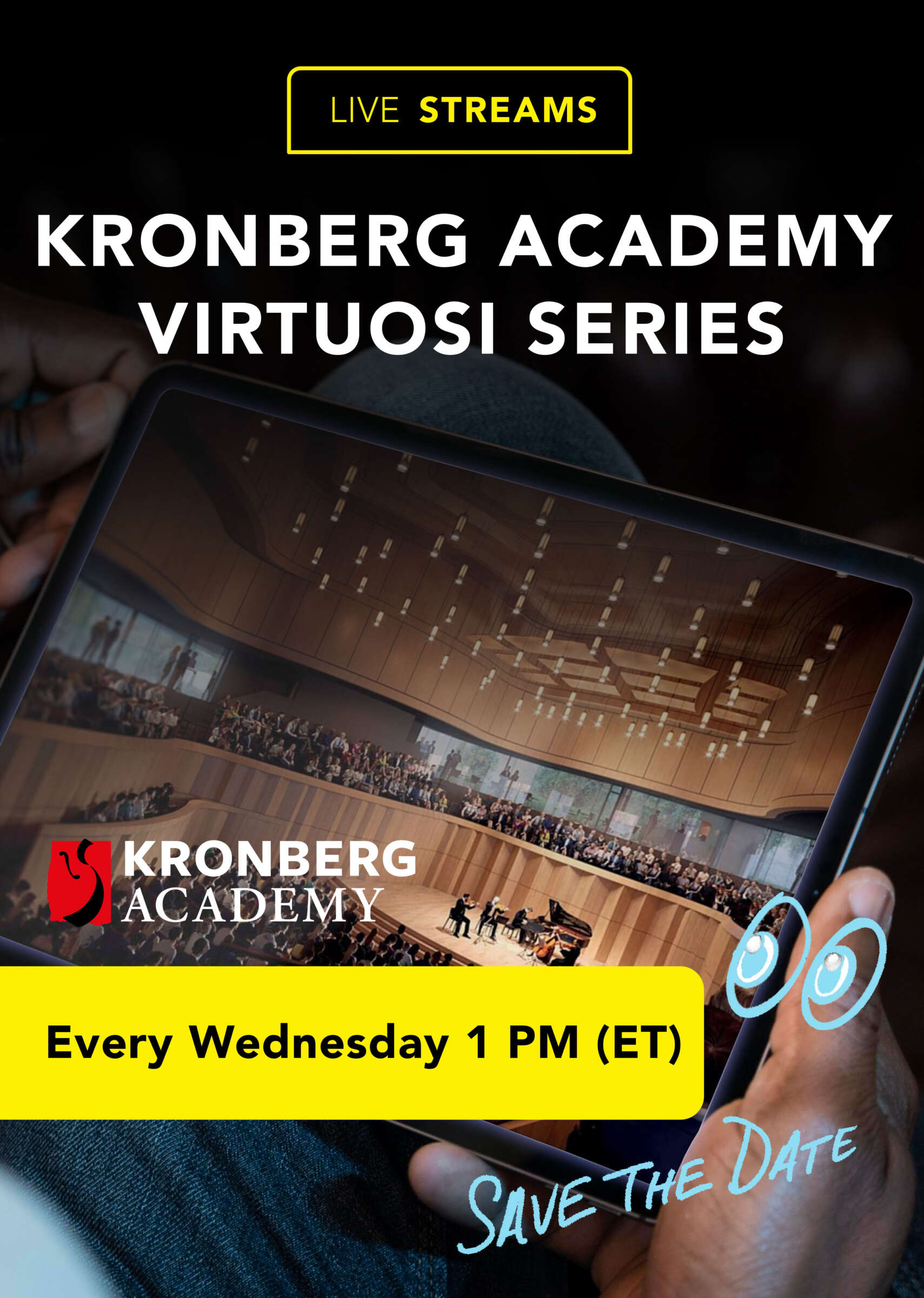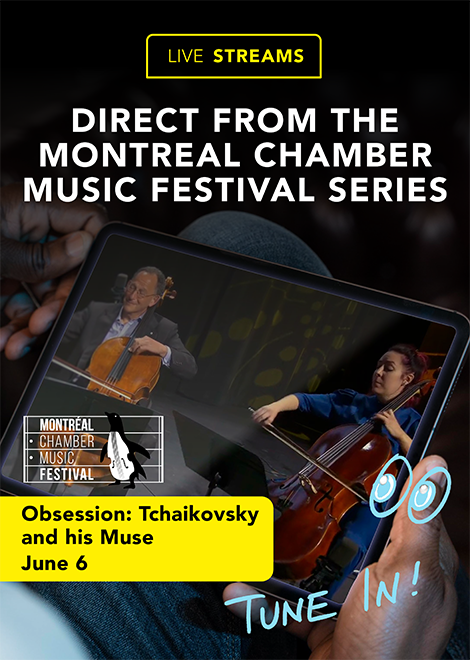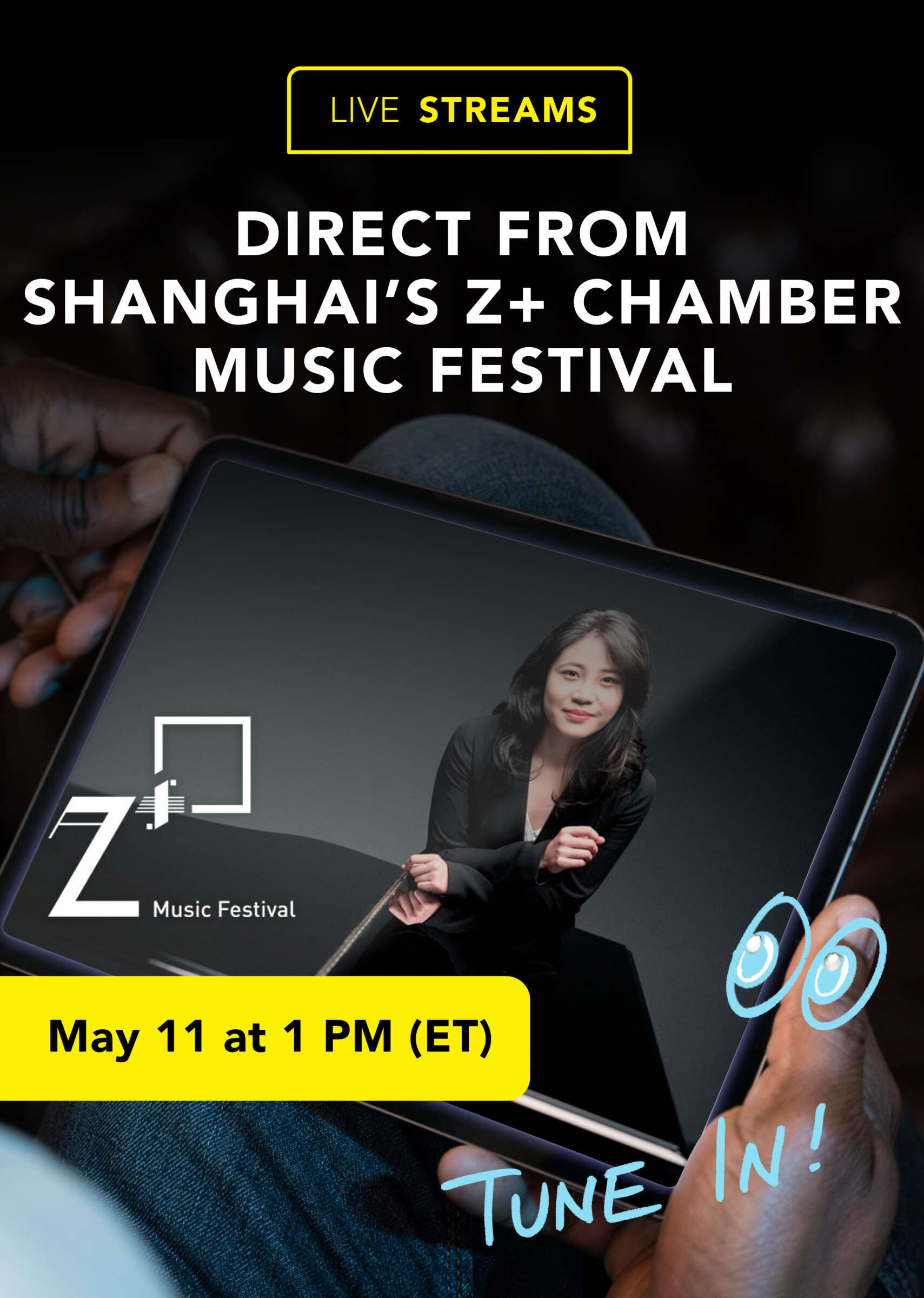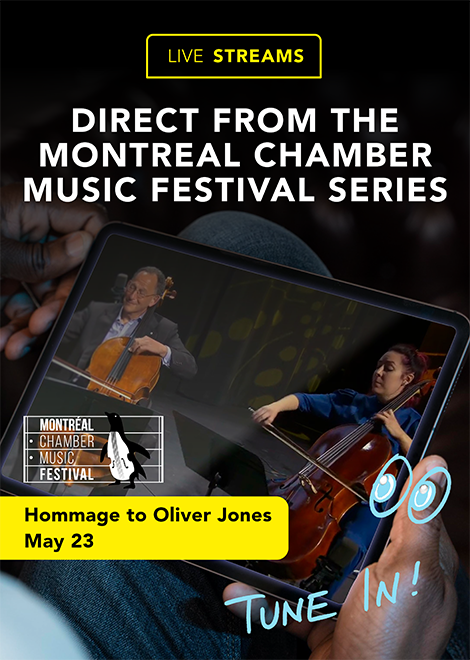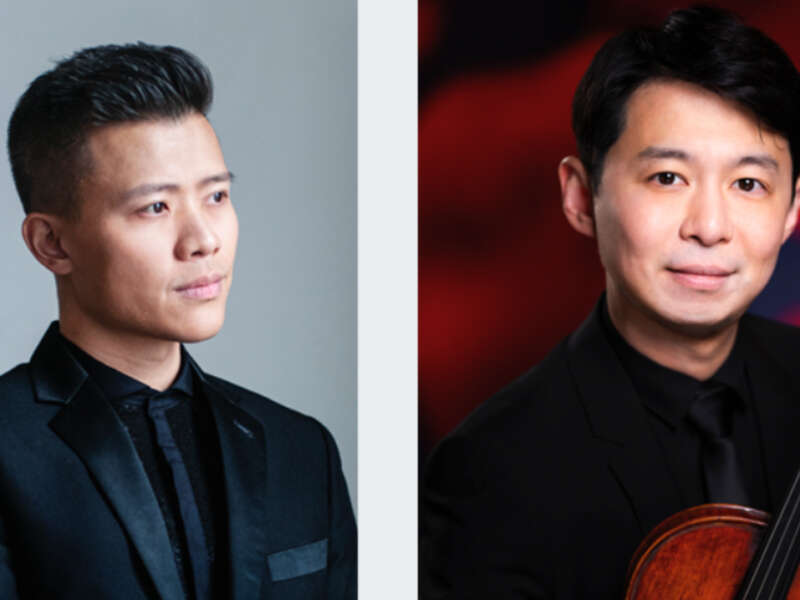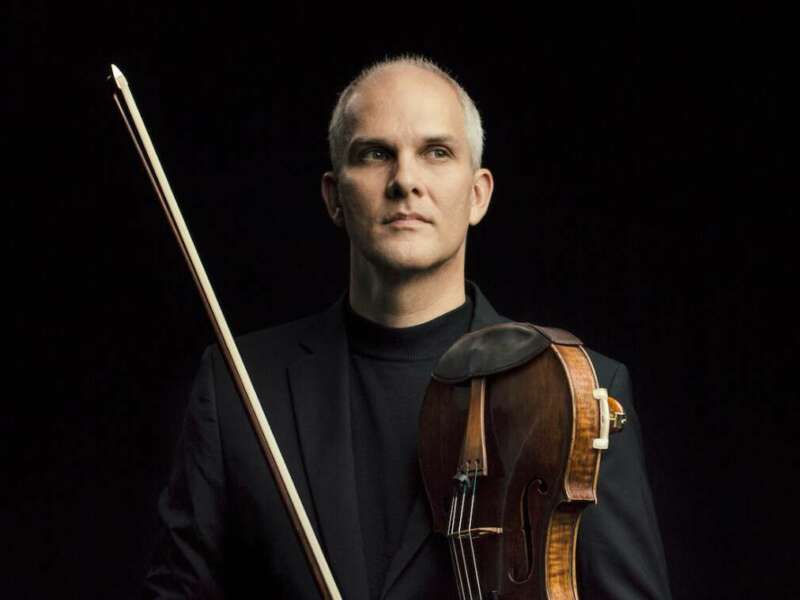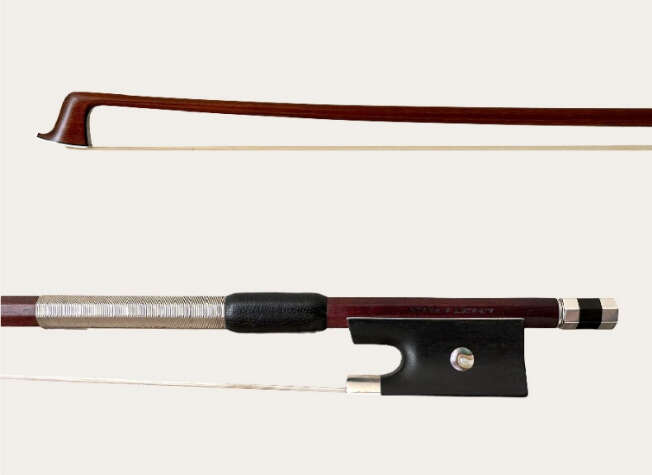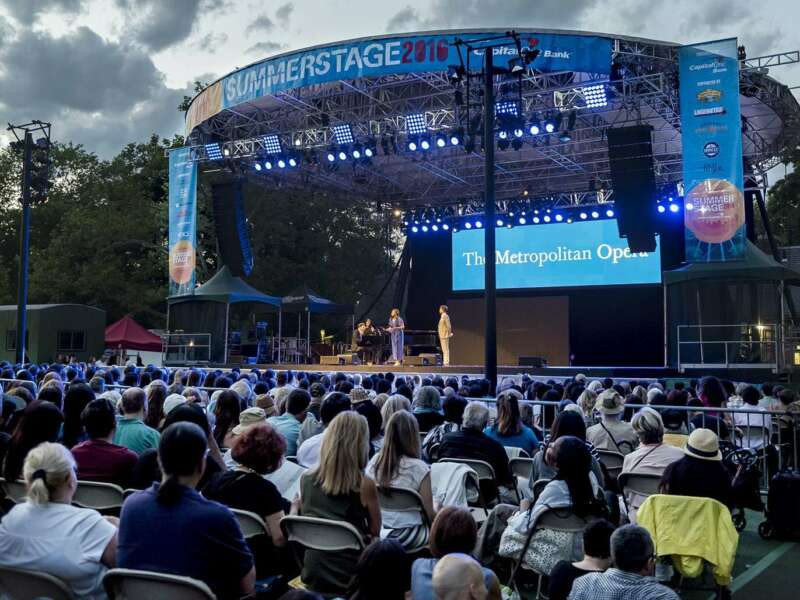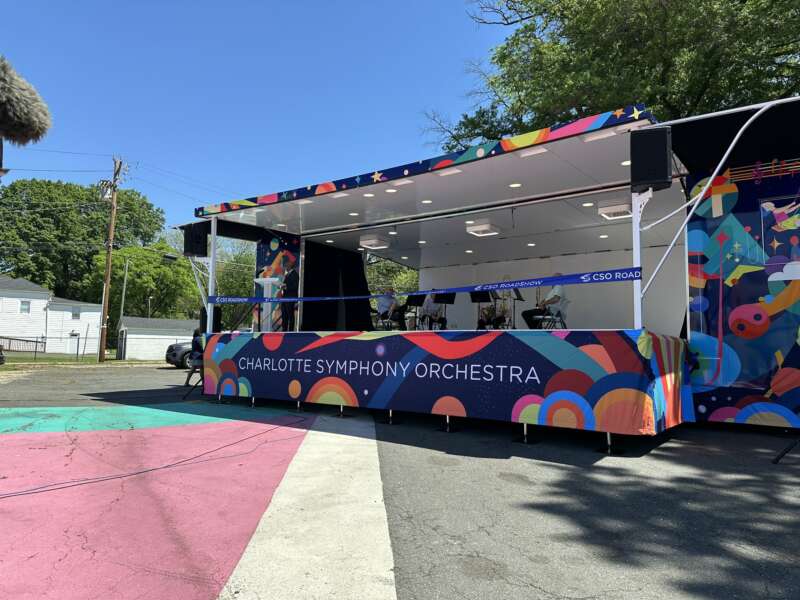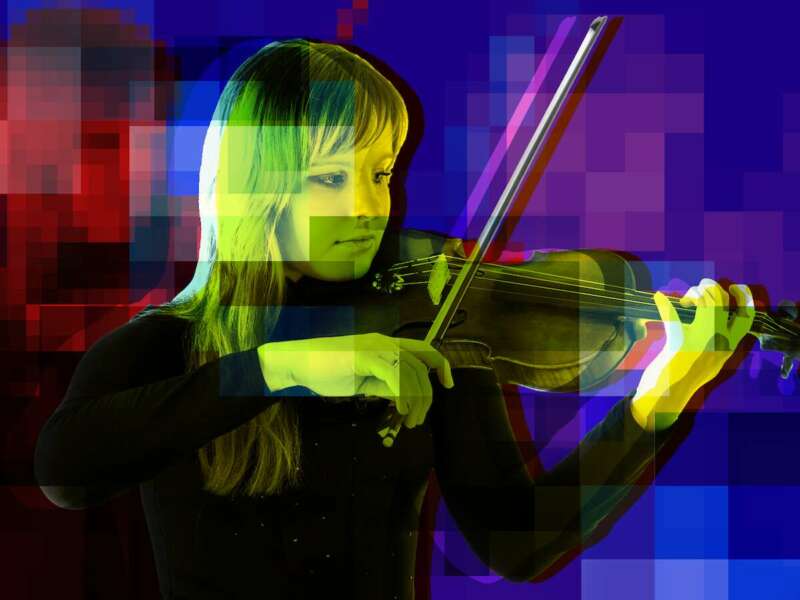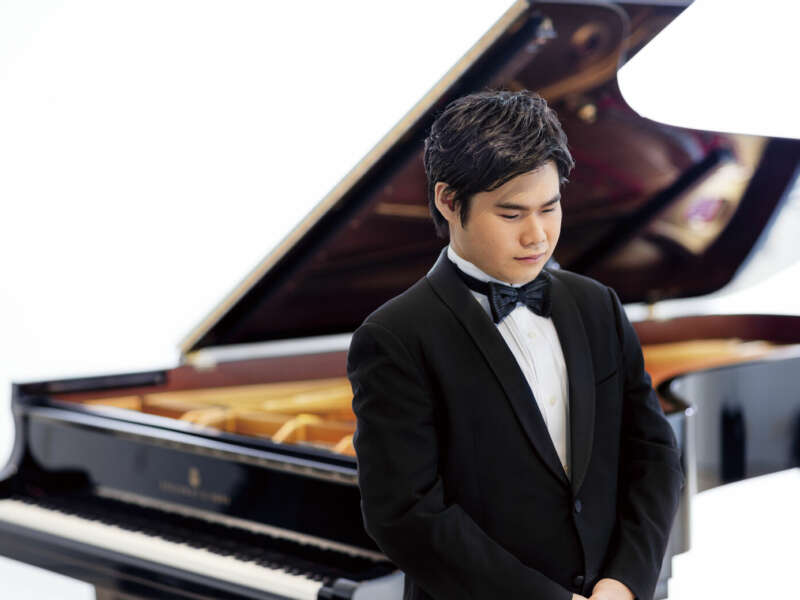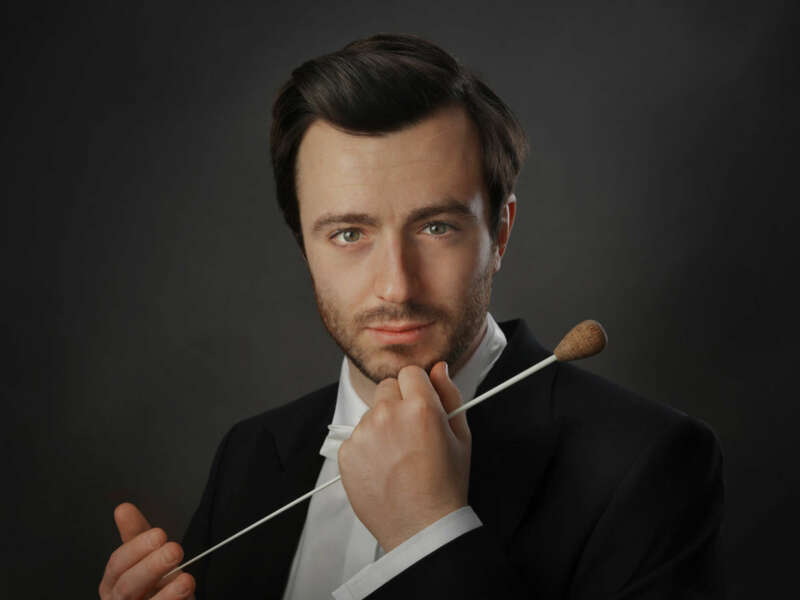VC INTERVIEW | Nikolaj Szeps-Znaider, Carl Nielsen International Competition President
The 2022 Carl Nielsen International Competition invites young violinists, clarinetists, and flutists to both compete in the competition and participate in Espansiva!, a new in-person program designed to offer participants an off-stage platform to create connections with other musicians and music industry experts — including The Violin Channel's Founder & CEO, Geoffrey John Davies.
We recently sat down with the Competition President, violinist, and conductor Nikolaj Szeps-Znaider, to discuss his own experience competing in the competition, his role as President, and the goals he has moving forward.
You were the 1992 winner of the Carl Nielsen Competition. What stands out in your mind as something special in the lead-up or during the competition?
In my particular experience of being in the Nielsen Competition, I was extremely young, aged 16. It was my first big international competition, so from that point of view, it was a very big deal.
I had, among other things, just grown a foot and a half in the preceding year, my arms were longer, and everything was different. I was very aware that I didn’t feel completely comfortable yet on the instrument, so I knew that I still had a lot of development to do.
In that vein, I suppose I was not ready to make a career right away after winning — which is fine! That’s not always necessary, and this is the message that we try to give to all the youngsters that come here.
A competition is only part of your journey. Actually, very few things in life are final and decide the rest of your life – that’s not how it works. It’s a lot of smaller and bigger events together that shape your path.
When you found out you had won at such a young age, what was going through your mind? What opportunities came after winning?
I was so happy, I was elated! However, the funny thing is that you don’t learn nearly as much from winning as you do when you don’t win. Of course, I was ecstatic, it was great, but I’ve had less successful events that I learned more from, ironically.
I was still very much in a student frame of mind. Winning the competition helped teachers become aware of who I was. It opened doors in that way, and it made certain things a bit smoother. Being a prize-winner makes people’s ears perk up and helps with exposure.
Can you give us a little background on your role as the competition’s president? What drew you back to the Nielsen Competition?
I remember when it was first proposed I said "no, thank you very much!" But then I thought about it for an hour or two and I thought, "oh, maybe I’ll call back, there’s something there." The thing that drew me to it was the possibility of being part of creating something different.
The title of being “The President of the Competition” wasn't the appealing part, but rather the opportunity to design a competition with which we could make a meaningful impact. At first, I thought about what we could do for the winners, but then I thought, "wait, there are another sixty-nine contestants there who aren’t going to win." They also need to leave with something very valuable. That’s what we’re focusing on implementing this year, and we will develop that program more in the future.
Can you tell us about that program?
The idea is that we have here not only the seventy-two contestants across three instruments, but also an incredible fountain of knowledge, experience, and generosity coming from the competition’s jurors. They are from all walks of musical life: we have terrific concertmasters, soloists, pedagogues, orchestral managers, artistic managers, PR people. We have a whole array of people that share in this vision of wanting to give something to the next generation.
And what can we give? Advice, an ear, a shoulder…we can simply make the next generation aware of what is coming at them in this musical world they are about to enter into as adults. It is very different when you are a student and you are primarily involved with your student life, with your lessons, with your academic progress, and with fulfilling those responsibilities.
But very soon, these young people are going to be facing the musical world and having to find their place in it, and that’s where we would love to be the ones who can put something valuable in their “backpack of life.” Something that they can keep with them, something that is a fountain of advice and knowledge that they can draw on for the rest of their lives.
What will the format of the program look like in a practical sense?
This year it was in the form of workshops and interactive talks. None of the facilitators particularly need to talk about ourselves, but we are happy to use our past as an example for the students. We shine a light on certain issues that are common to all of us, whether that be how we deal with pressure, stress, or performance nerves.
We also look at more practical things, like how students should write a biography, or whether they need to stay with a teacher after they graduate. We have had all kinds of discussions so far, and wonderful questions and interactions with the young contestants that stayed on in Odense. This program will be developed more in future editions of the competition.
Can you tell us a little about your vision for the Carl Nielsen competition?
The vision of the competition is not just to be a competition that sends off three winners in the end, with hopefully glorious careers. But rather that everyone who comes should have the opportunity to receive something valuable to carry with them. We have an enormously interesting range of people descending upon Odense who are all sharing in that vision, this idea of giving back to the next generation. They are truly generous in the way that they deal with young people, especially the people who don’t make it to the next round.
What do you think are some new challenges that young musicians have to face today, compared with the challenges you faced when you were young?
Not only is there the element of living in the digital age — that’s obviously different from when I and most other members of the jury had to make our way — but also that we are living in a post-pandemic time. We’re still living in a musical world that needs to find a new direction, perhaps.
I don’t think anyone expects that we’re just going to go back to exactly the way it was before the pandemic: I don’t think that’s how the world works. I don’t think it’s advisable, either, because if you’re not moving forward, then you’re moving backward.
Conversely, what do you think are the challenges that have remained the same for musicians?
I think some of the constants thankfully remain. There are two words I’d like to highlight here. One is “quality,” your quality as a musician, and what you bring to the musical world. That’s something that we’ll never stop trying to get better at. The other one is “relationships” or relationship-building, which has remained a constant since before the digital age. What really matters is the meaningful relationships we forge — musically, professionally, and privately, all of which overlap often in our world.
I think if we keep those two things in mind, as constants in our industry, then I’m sure we’ll find a way to adapt to the new.
Has anything stood out to you about the ongoing competition this year?
What has really touched me is that pretty much everyone we’ve heard has had something special to offer. All the members of the jury felt that there’s a lot of really original talent there, original voices from the next generation.
That is very comforting because there are some things we cannot learn, as we know. In the words of the great Arthur Rubinstein, “first you must be born with talent.” That’s something which is out of everyone’s control, but I can tell you that we’ve had a lot of very talented people here.
Audiences can watch the Semi-Final and Final Rounds of the Carl Nielsen Competition from April 6-10 LIVE here on The Violin Channel.
may 2024


